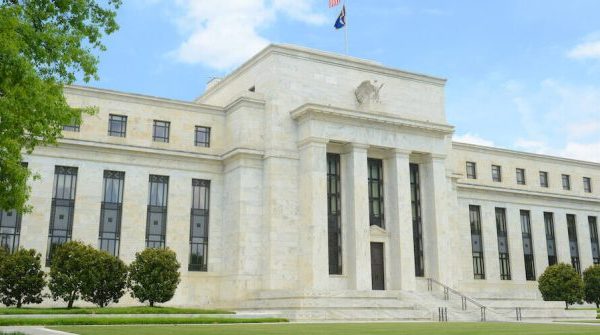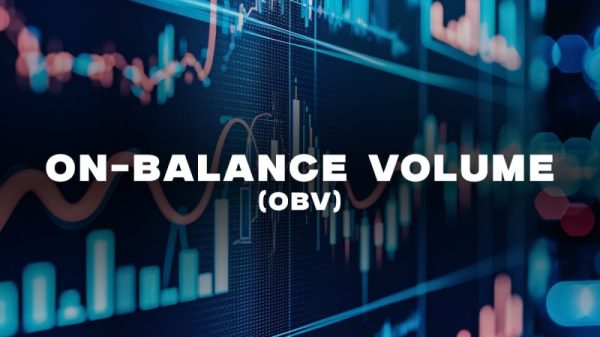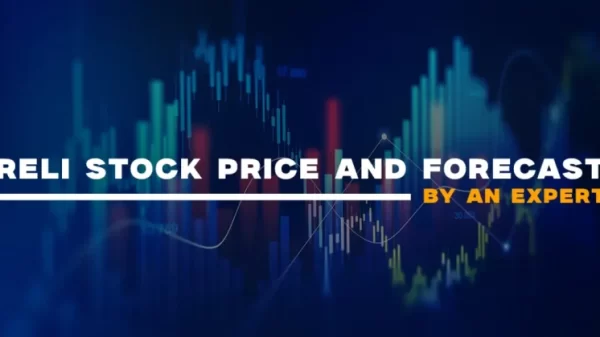Source: AdobeStock / JeromeMaurice
Lloyds Bank, a big four bank in the United Kingdom, reports that crypto scams have risen 23% compared to the same period last year.
The firm warned that fraudsters are targeting young people over social media, with victims losing an average of £10,741 ($13,183.72) per scam. That dwarfs romance scams, purchase scams, or any other type of consumer fraud.
“Remarkably, the analysis found that 66% of all investment scams start on social media – with Instagram and Facebook the most common sources,” wrote the bank in a recent press release. Sources for such scams range from fake ads and celebrity endorsements to direct messages.
According to Lloyd, scammers are evolving their tactics to target 25 to 34-year-olds with get-rich-quick schemes, which are especially attractive to younger audiences. This cohort comprises a quarter of all crypto scam cases.
Such scams are also hard to identify while they’re happening, with the average victim making three payments and waiting 100 days since their first transaction before reporting them to their bank. Stolen money is usually far too difficult to reclaim at this point.
Lloyd’s highlighted two main forms of crypto investment scams. First is “the illusion” whereby a scammer poses as an investment manager, promising to make investments using the victim’s money to generate profits on their behalf.
Some illusion scams may show victims a fake investment account displaying growing profits after they make their first payment, incenting them to send the scammer more money.
The second scam type of scam is “the takeover” – when scammers fool victims into creating crypto accounts on a trading platform (Coinbase, Binance, etc) and handing over their login credentials. Alternatively, victims may be fooled into forfeiting control of their personal crypto wallets, or sending the scammer crypto directly.
In a statement, Liz Ziegler – Fraud Prevention Director at Lloyds Bank – wrote:
“Crypto is a highly risky asset class and remains largely unregulated, which makes it an attractive area for fraudsters to exploit. If something goes wrong, you’re unlikely to get your money back.”
The post Lloyds Bank: UK Sees 23% Increase in Cryptocurrency Scam Reports appeared first on Cryptonews.

































